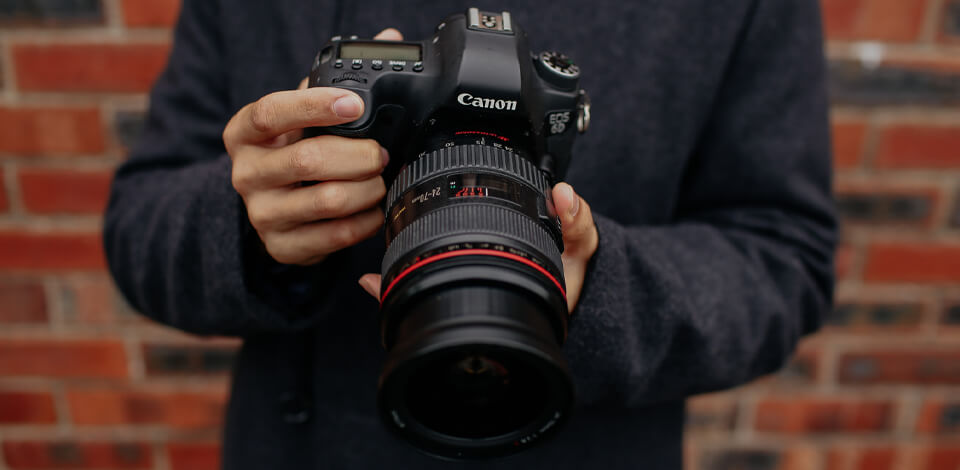
Is it illegal to record someone without their permission, even if they got on the record by chance? Our time is a digital age, where we are constantly recording and posting interesting things happening around us. Irrefutable evidence is worth a lot, but what is the price? It depends on where you are located, whether you are a participant in the conversation, and whether the recording has a sound. It is a complex issue from a legal and social point of view, but I’m going to cover it.

There are many restrictions on audio surveillance in the United States. The secret conversation recording by a person is governed by the laws of the state in which the recording is made unless federal law protects confidentiality to a greater extent. So, can I sue someone for recording me without my permission? You can find answers in the so-called “wiretapping law”, regulating all types of electronic communications.
The difference between audio and video recording is a key distinction. Consent is the most important factor in audio recording. In group sessions using video conferencing software, you need to inform the participants that you can record them. Recording a Skype home session is considered an electronic communication and is illegal without the consent of at least one participant, and even more so if it is performed by a non-participant of the conversation.
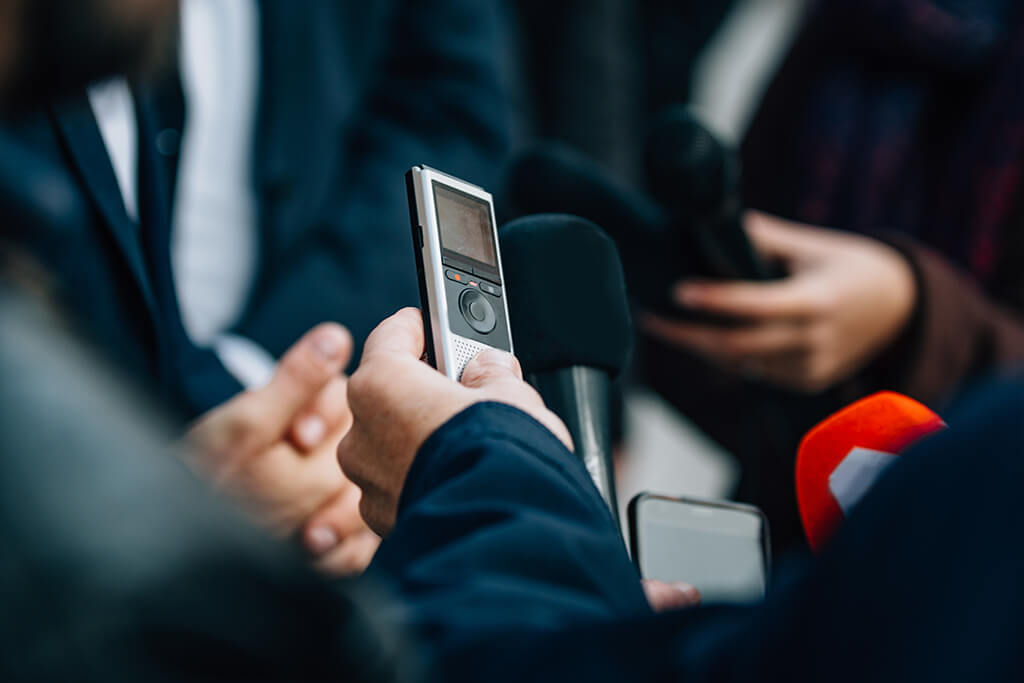
In 1968, a part called the Wiretap Act appeared in the Omnibus crime control and safe streets act. It was introduced by Congress after public protests against officials who secretly recorded political activists in the 1960s. From now on, every citizen began to have the right to inviolable and secure privacy at home under the Fourth Amendment and the Federal Wiretap Act. An important note is that the law provides for the consent of one party. Thus, any conversation party can allow it to be recorded, even if it takes place in your home. At the same time, the law prohibits recording conversations with criminal or delicate intentions.
There are two exceptions built into this law creating a loophole. A recording that violates the Wiretapping Act is legal if one conversation party consents or the person making the secret recording is authorized by law. In practice, this means that the recording of a conversation is legal if the person making this is the party to the conversation and agrees by default.
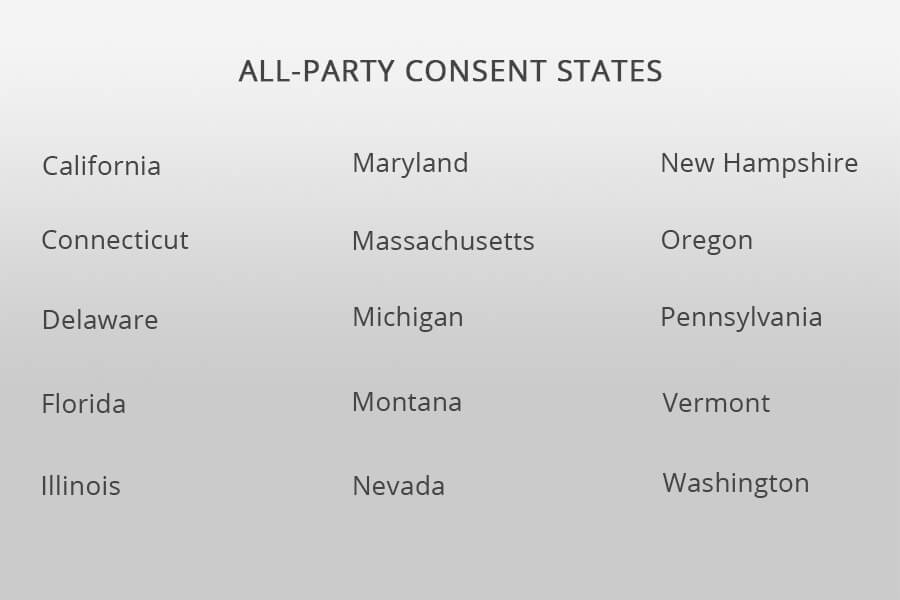
Most states have adopted laws similar to the Federal, requiring at least one party’s consent. However, your state may have separate laws governing this matter. Considering, that can someone record you without your permission, you should first refer to your state’s laws. If they lack strict regulation, then it makes sense to consider the provisions of the Federal Wiretap Act – it will give you more substantive protection.
The District of Columbia and 36 states are states with a one-party agreement: while you are in a conversation, you can record it without the consent of the other party, or authorize the recording (not wiretapping with a connection to the line) by an official with such rights, in extreme cases, a third party without wiretap applications, by means that do not impair the integrity of the communication system, such as a digital voice recorder or a smartphone with a recording app.
There are currently 11 states that have strong two-party consent. For an audio recording to be made legally, all parties involved must communicate that the recording is permitted. Because these states have stricter privacy laws than Federal law, state law takes precedence over federal law.
Michigan and Connecticut have both one-party and all-party consent, which depends on the circumstances. In Oregon, a telephone conversation record requires one-party consent while an in-person recording needs all-party consent. Vermont does not work with any of the standards as they currently do not have a clear law on recording without knowledge.

Is it illegal to record someone without their knowledge and submit this record in court? One common misconception is that if people don’t have someone else’s consent to record a conversation, it’s illegal to record them. Some people think they won’t be able to use the tape in a potential lawsuit or investigation as evidence. This is not the case, at least not in Texas or other one-party consent states.
It is not always legal to use a recording in a court or criminal investigation if you are NOT a participant in the conversation. But if you participate in the discussion, you are allowed to record the conversation without notifying the other party. If a recording could help in an investigation of kidnapping, extortion, bribery, or a criminal offense involving violence against another person, the suspect’s lawyer should try to prove that it is illegal.
Along with this, a blackmail recording can have an unfavorable outcome in court. Amber Heard’s provocative recording during Johnny Depp’s nervous breakdown, instead of showing his imbalance, had the opposite effect. If the other person speaks to you in an aggressive tone, hurts you, or says something self-discriminatory, recording them without notice can help restore justice and give you the wall in family law or custody cases.
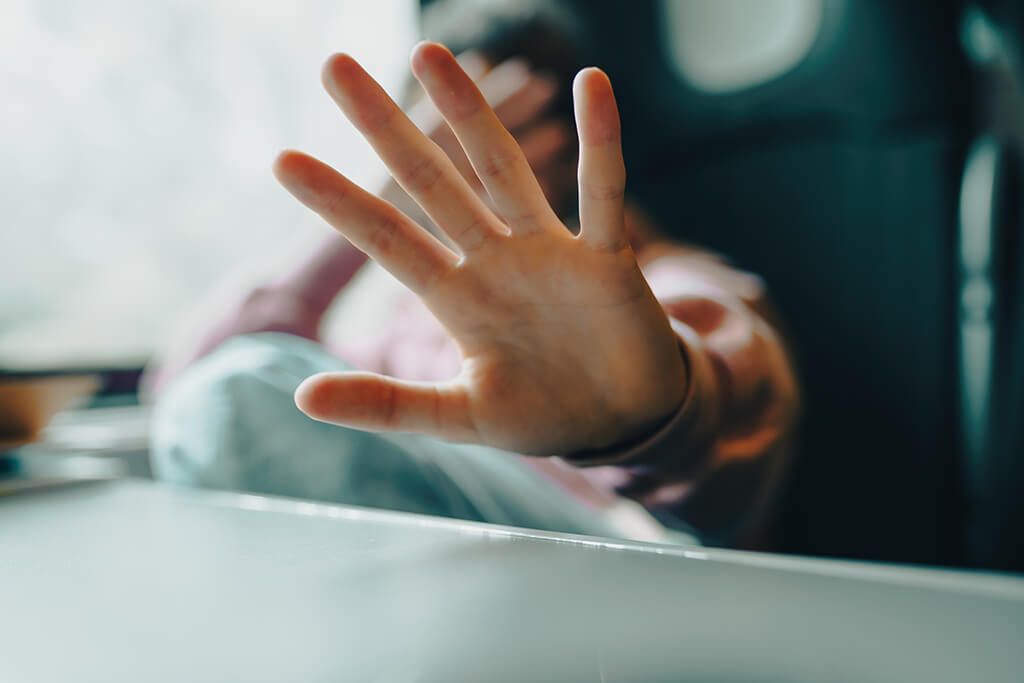
When you are in a public place, someone is sure to get into the frame without their knowledge, even unintentionally. Vloggers shoot panoramic videos as they walk down the sidewalk, or newsgroups shoot a report. In supermarkets, office buildings, parking lots – almost everywhere there are video surveillance cameras. Recording laws have been adopted since the days of wired telephones. Therefore, video recording is not as strictly regulated as sound recording.
Wiretap Act doesn’t always cover photo or video recording, however, you still can count on some rights according to privacy laws. The rules for video recording in a public places, places of privacy, and private areas are based on the expectation of privacy and differ notably, especially if the video is accompanied by sound and the party being recorded is not aware of what is happening.
To answer the question is recording someone illegal shortly I can state that when you are in public (not in an area even with a crowd, but with your own filming rules), it is legal to make a video recording of people as long as they don’t have so-called “expectation of privacy,” or rather a reasonable expectation of privacy in public places. If you’re going to record someone who should reasonably expect privacy or pay for it, then you might be in trouble.
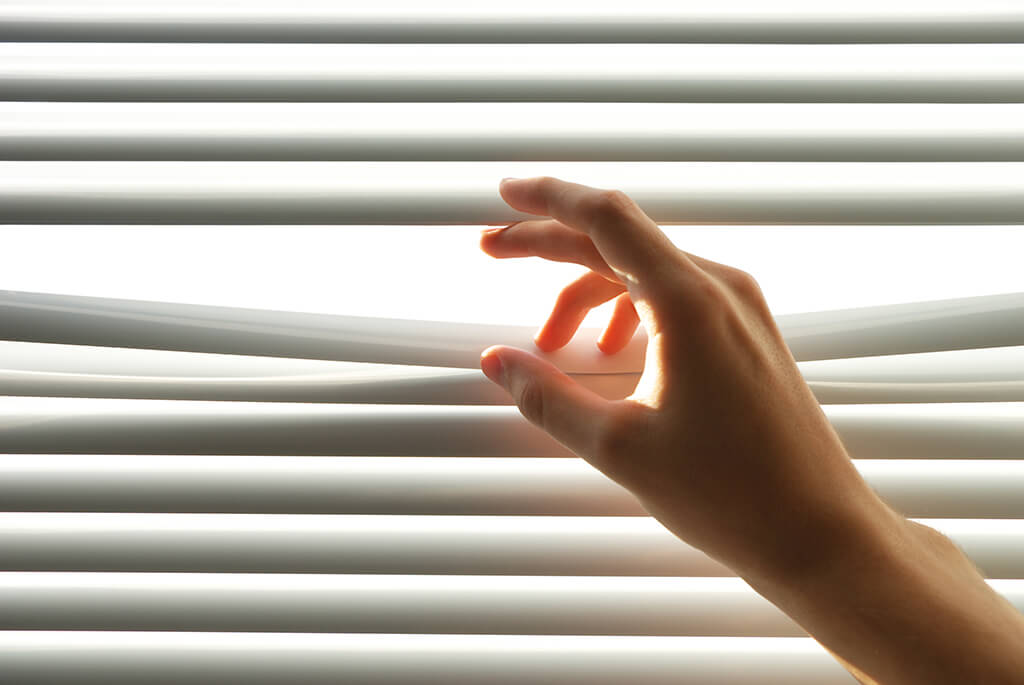
The wiretapping law (also any state law governing secret recording) only protects recordings that members reasonably consider confidential. Is it illegal to record someone without their permission? It depends on a person’s expectation of privacy in a given situation which depends in its turn on the context: was he in a public or private place? Did the person being recorded consider their status to be private? A person who boasts of cheating at a party cannot object to the recording of this confession as evidence in a lawsuit.
To the places where you have a reasonable expectation of privacy, we can refer your own home, the phone, your private car, or a business office. The Privacy Expectation Act is based on two factors that must be met to be considered reasonable. First, whether the subject believed that he had privacy, and second, whether society considers this expectation reasonable.
If someone deliberately intercepts a conversation, say by video link, then this is of course considered a crime. Exceptions may be certain rare cases in which the sharing or using of these interceptions is prohibited. Consider some of them in terms of legality and consequences.

If you record someone’s face in public or a public place, it’s legal in most cases as there are no reasonable expectations of privacy. If you want to show people’s faces in the press, on the web, or TV, first get their permission in writing.
Celebrities are already public figures, so you can play their recordings as long as you don’t slander or lie about them. However, be careful with public figures, as they have the means to hire lawyers. In states that require recording with the consent of both parties, you can lose this court. Also, you can lose a copyright case if you try to make money on such a video.
It is important where exactly you are standing at the moment of record: it should not be private property or a government building where photography is prohibited by internal rules. These should not be places of privacy or changing, such as fitting rooms, showers, or toilets. It is important that the person in the frame is not naked or partially naked, and even more important that the person is not underage in this situation. Otherwise, aggravating circumstances of violation of confidentiality and even pornography come into force.
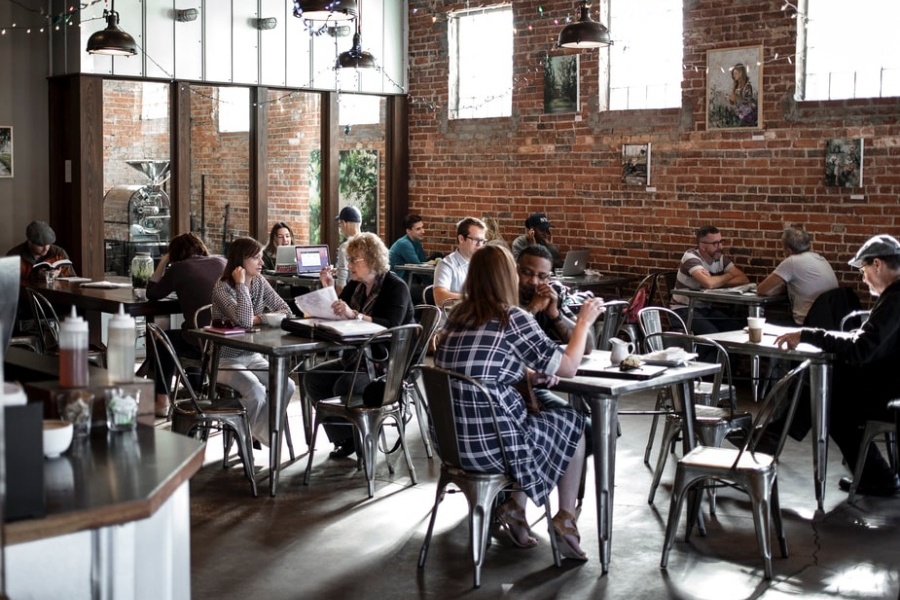
Is recording someone illegal in private areas? In most cases, no, if you have permission. Let’s talk more specifically. You can record video when you are on private property with permission. Such places include restaurants, parking lots, supermarkets, churches, and any other commercial/business place that has an owner. Here you need to talk to him and ask for a pass before recording. If you don’t ask permission or your “talent” is against shooting, it might be better to blur the faces in these areas.
There is no federal or state law prohibiting property owners from recording, but many businesses may prohibit private property use. If the notice is posted in a conspicuous place, at the entrance, you can immediately be held liable. If you don’t see any prohibition signs anywhere, you can get off with a warning to stop filming.
If you are on private property, the owner can decide if photography is allowed. If the owner forbids recording and you choose to do so anyway, you may be asked to leave the premises or even arrested.
:quality(75)/arc-anglerfish-arc2-prod-elcomercio.s3.amazonaws.com/public/4UOIKXUFVZHZBACOLLUEAFOL7M.jpg)
Recording conversations at work is legal. The resulting record can be used as evidence for disciplinary action or for dismissal. It can even be included in court, but the person providing such evidence must be a participant. If a person leaves the room, leaving a recorder, then such evidence is likely to be considered invalid.
If you’re wondering, can someone record you without your permission at work, I can say that if your employer did this, then the tribunal is unlikely to take it positively. If he wants to fire his employee, then he needs to do it in accordance with all the rules. As far as employees are concerned, the employer should discuss in advance whether they are not allowed to record conversations. It is best to write down all the rules regarding such matters in a separate handbook. Always remember the universal rule – all participants in the conversation must agree to the recording.
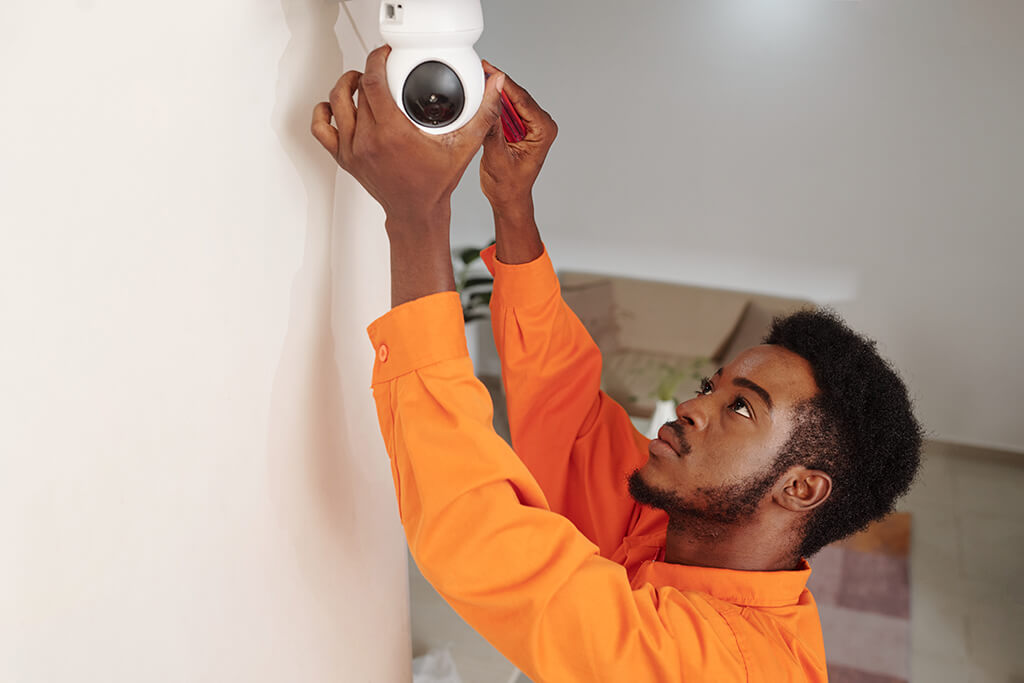
Under US law, you can film someone in your home or private office (private, not where you are an employee) openly or with a hidden camera without their knowledge. The law in many states allows parents to enroll caregivers to ensure their safety. For this reason, parents often turn to the nanny camera.
To be sure, it’s a good idea to research the state’s record laws before placing them in your home, or seek legal advice. In most states, it is illegal to record hidden camera video in locations with reasonable expectations of privacy (bathrooms, bedrooms, etc.).
Check the law in your state to avoid liability. Plan your location carefully and obtain permission from the owner. Let those around you see what you are recording. By recording openly, you provide an opportunity to rebut the argument that you are being secretive. Engage in conversation with your talent to increase engagement.
Even free video editing software can make it easier to finish your recordings and avoid breaching your privacy: you can easily blur faces or remove sound from your clips without losing the information content of the video.
There are other filmmaking techniques and video editing features you may need: trimming and enhancing video, adding filters and transitions, including audio tracks, and more. To stop thinking about whether is it illegal to record someone without their permission and make a video that cannot be faulted in terms of legislation, it is better to entrust it to a professional video service.
Your situation may not violate wiretapping law, but it may be a breach of privacy or become a criminal matter. The following are situations that are grounds for filing a lawsuit:
You cannot count on the right to privacy very often, and may not always be aware of it. The following cases are unlikely to be the basis for filing a lawsuit:
You have a First Amendment right to record police officers serving as civil servants in public officially. This means that the officer does not have the right to delete your records without a court order. The policemen can’t take the phone away or demand to see the tapes. They can only interfere with the recording if they are prevented from doing their job. You must not violate the law during filming, including trespassing on private property, and obstructing law enforcement. It’s best to film with a non-secret recording device as the law may become more nebulous in some states where there may be an expectation of privacy. The problem is, that some cops don’t know this.

Anyone who violates recording laws can be sentenced to jail time, a fine, or an order for damages in a civil suit. A person who violates federal wiretapping law faces up to five years in prison, a $500 fine, or both. A person who breaks state law shall be punished under that law. Almost every state imposes criminal penalties for violating its secret recording law.